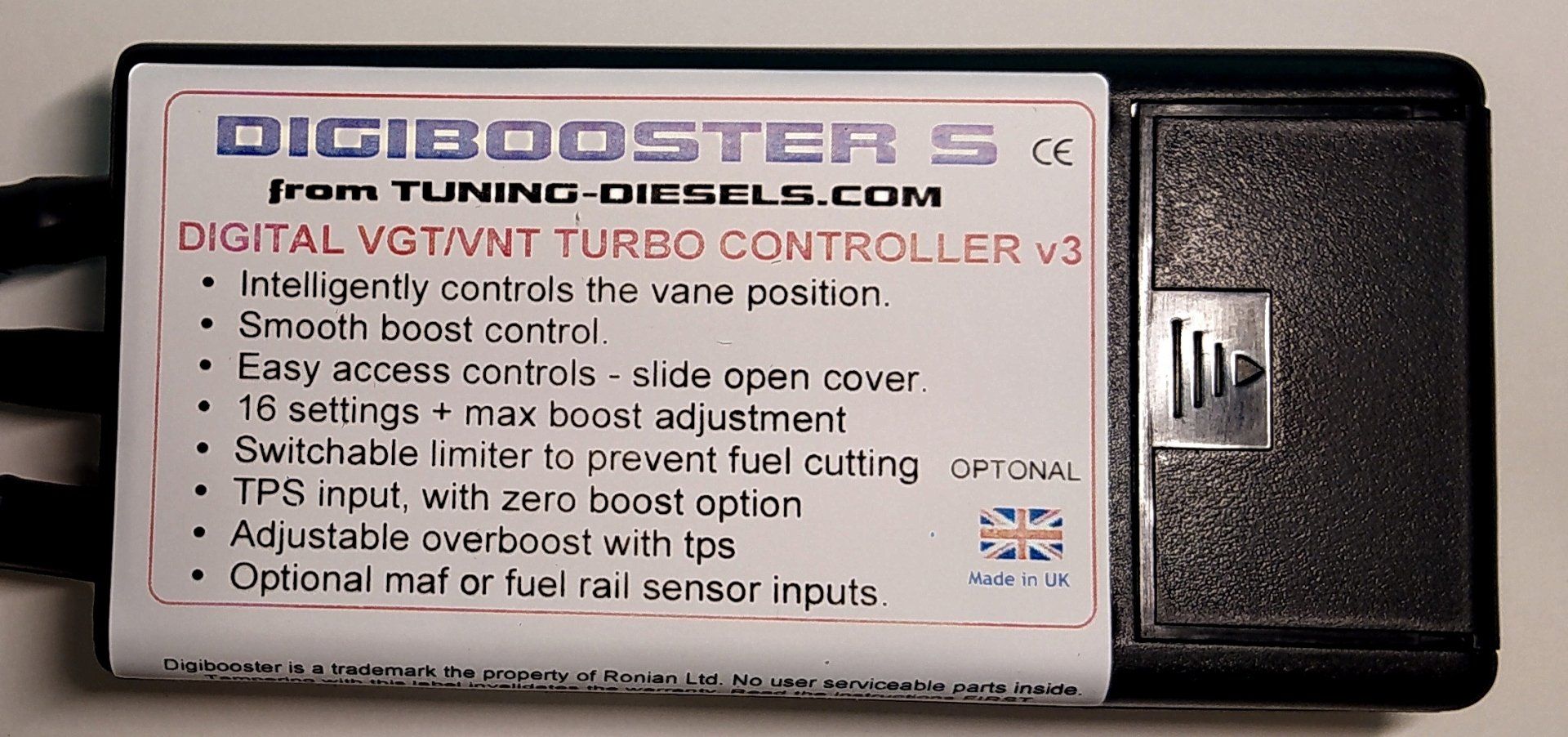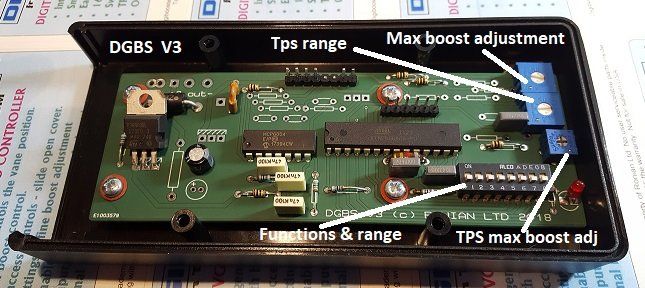It simply plugs into a standard vacuum boost solenoid valve such as the ones used on Vauxhalls & VWs with a VNT turbo, into the existing map sensor and then a fused lead supplies power from the battery (Ideally via an ignition controlled source, e.g. fuel pump relay).
An input is provided for a throttle position sensor signal, or it can be used with a dash switch or connected to the fuel rail sensor on common rail engines, or the MAF sensor on some engines. You will need to tee into the brake servo line to provide the vacuum and you should also fit a boost gauge.
The boost control valve (bcv) and map sensor are critical components for the correct operation and achieving a good result so we recommend using ours, or buying new branded parts. The low cost clone & counterfeit or used items have been proved not to work reliability or give a problematic result.
We even include, some 4mm bore tubing & a tee to connect the bcv inlet to the brake servo line and also 5mm bore tube to connect the bcv to your turbo actuator.
VERSIONS
If you have a bcv, eg VW N75 and a map sensor that operates up to the boost pressure you want, just choose the basic DGBS. No tubing is supplied and we need to know which map sensor you have so we can fit the correct connectors.
The DGBS TD5
has additional features to limit the maf and map signals to prevent the ecu from cutting the fuel when the boost is increased.
Otherwise choose the DGBS + the BCV or + the MAP sensor.
DGBS FULL KIT
- choose this if you need the BCV and pressure sensor. Works with engines with or without an ecu.






